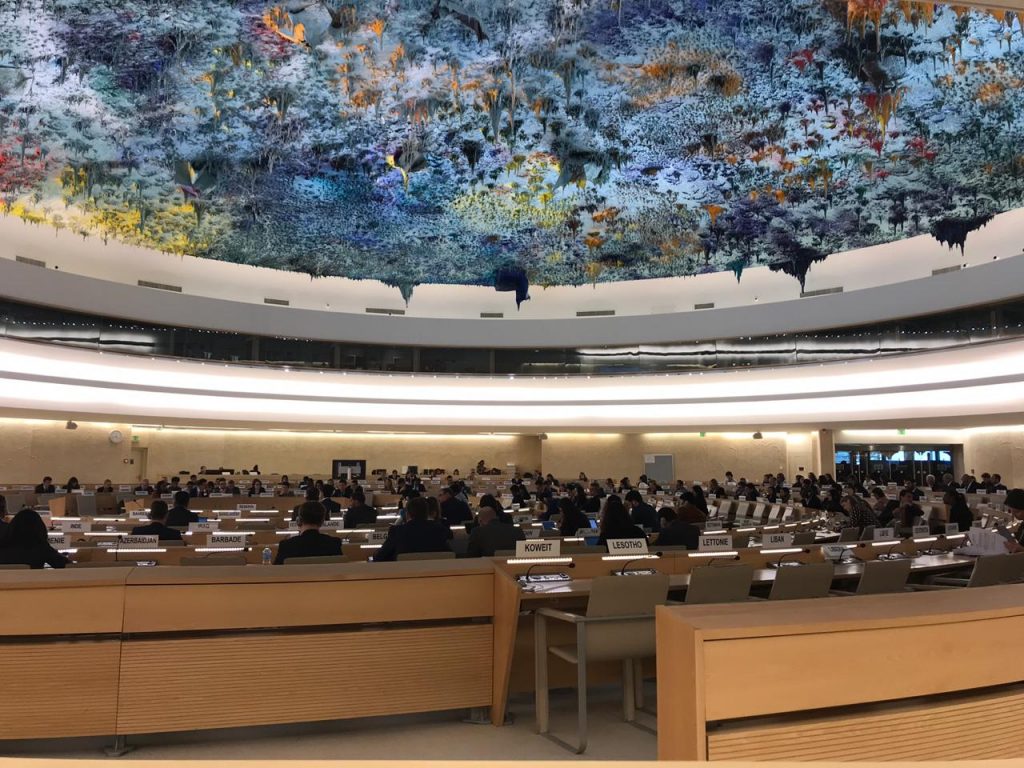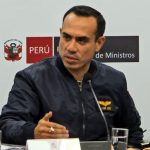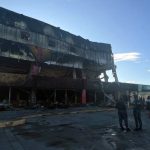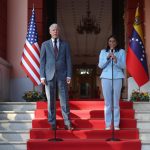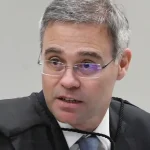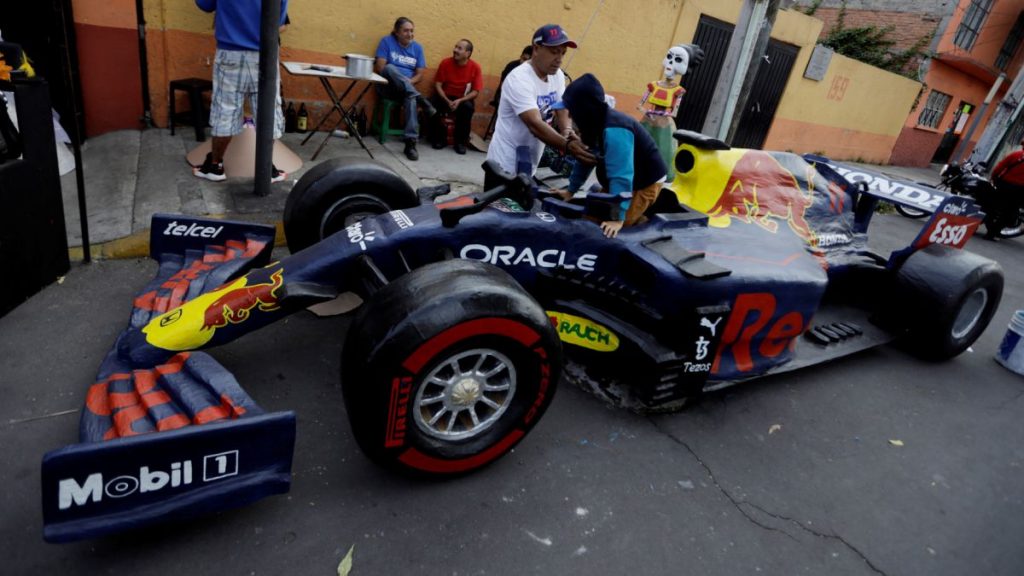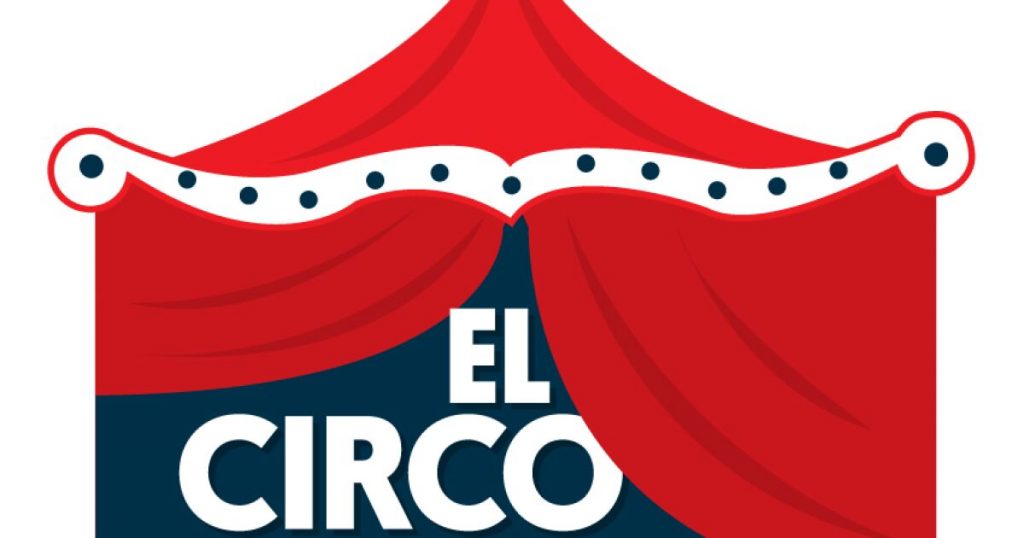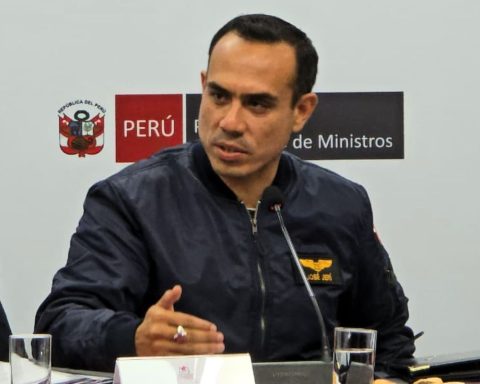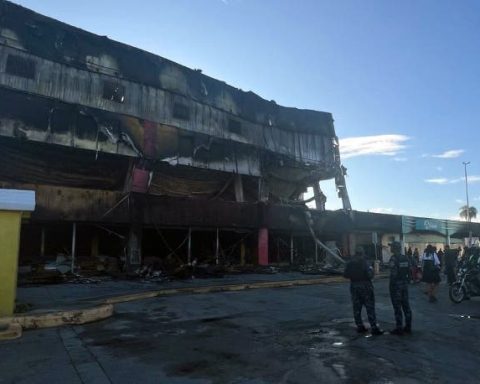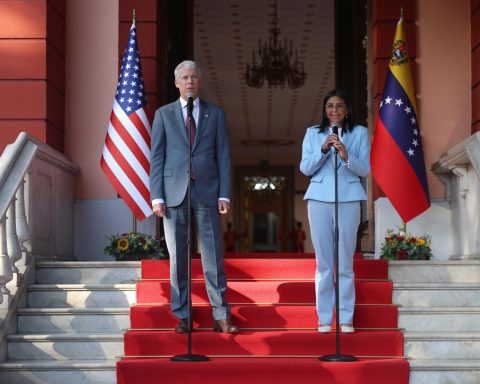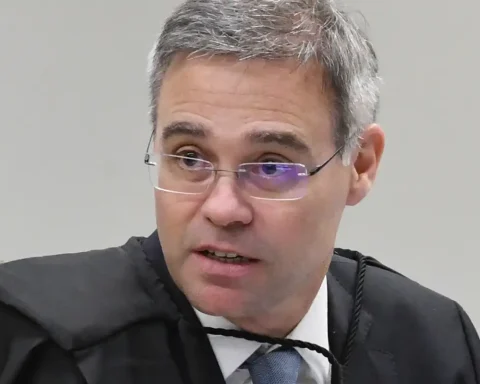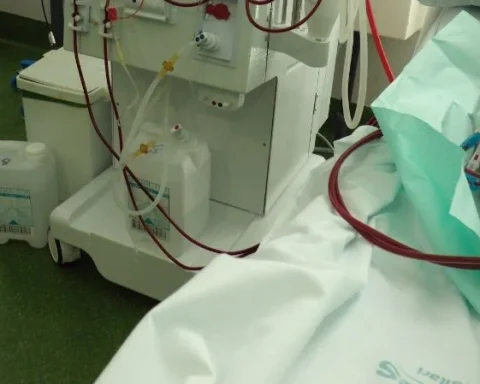A coalition of 16 national and international human rights organizations urged member countries of the Human Rights Council of the United Nations (UN) to create an international mechanism – made up of experts – to investigate the serious human rights violations that They have occurred in Nicaragua since April 2018 —when the civic protests began—, their structural causes, and that they identify the “perpetrators” of the events.
The NGOs grouped in Collective 46/2 made this appeal to the States and the Council, after confirming that the Government of Daniel Ortega has not complied with any of the recommendations issued in the third resolution approved in March 2020 by the UN Council, which among various points, urged the approval of “electoral and institutional reforms” to guarantee free, fair, transparent, representative and credible elections, in accordance with international standards, including the presence of independent national electoral observers and international.
“Our monitoring based on the extensive public documentation of the United Nations and the Inter-American Commission on Human Rights (IACHR), leads us to conclude that the Government has not taken any measures to implement the recommendations of the international community, nor does it demonstrate the slightest willingness to cooperate with it, ”said Raphael Viana, a member of the International Service for Human Rights works (ISHR), during a virtual conference on Thursday.
He added that, after the elections that will take place this Sunday, November 7, they do not expect changes in the structural causes of the crisis of human rights violations that Nicaragua is going through, therefore, the response of the international community must be “forceful.”
Ortega is going to elections without political competition. Since last May, he began a hunt against opponents, imprisoning more than thirty, including seven candidates for the presidency. It also canceled the legal status of three political parties and intensified the harassment against the independent press, political prisoners and dissident voices, while maintaining a de facto police state throughout the national territory.
The votes have been described by the opposition as a “farce” for lacking the minimum conditions of transparency.
They must present a resolution in March 2022
The proposal for this investigation and accountability mechanism, promoted by this coalition of organizations, would have to be accepted by a group of countries, which would later have to raise it through a resolution that would have to be presented at the Council session in March 2022. , the date on which the previous three resolutions on Nicaragua have traditionally been approved.
A key step for the advancement of this proposal will be the oral update that the United Nations High Commissioner for Human Rights, Michelle Bachelet, will provide on the situation in Nicaragua in a post-electoral context, on December 14.
“We see this moment as crucial. We hope that the Office of the High Commissioner will reiterate its position on the importance of accountability; which is a position that she, in the updates to the Council, has maintained since March, in June and again, in September of this year, reiterating her call to the Council to consider all the options available to it for promotion and promotion. protection of human rights in the country and this includes accountability since April 2018, ”said Viana.
The March 2020 resolution was promoted by a group of eight countries in the region: Colombia, Costa Rica, Brazil, Canada, Chile, Ecuador, Paraguay and Peru.
For Tania Agosti, a member of Race, Equality and Human Rights, “it is time for the Council to respond forcefully (…) and this response necessarily involves the creation of an international investigation and accountability mechanism on Nicaragua. , that takes into account the serious violations that took place in the 2018 protests, where more than 300 people were murdered, which must be investigated as extrajudicial executions, in addition to the rest of the violations that we have heard ”.
Juan Carlos Arce, a lawyer for the Nicaraguan Human Rights Collective Never Again, together with Olga Valle, from Urnas Abiertas, outlined the exacerbation of repression in the country and human rights abuses.
Arce said that the mechanism is “key” to promote structural changes that the country needs and guarantee that similar acts are not repeated in the future.
For his part, Valle said that violations cannot remain in impunity.
Research quality
Taking as a reference that Nicaragua has not allowed the return of international human rights organizations, Viana explained that the experts who would make up the mechanism would have the capacity to investigate and talk with the victims, even if they would not allow them to enter the country. The same situation has occurred with other countries, such as Venezuela or Myanmar.
The government’s openness or refusal to the experts shows the will or lack of it to address the crisis, Viana said.
